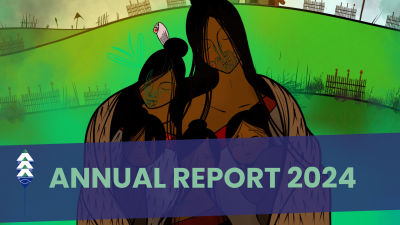Tiaki Mai
TIAKI MAI – Te Tairāwhiti Attendance Service
The essential purpose of the Attendance Service is to better meet the needs of Māori and Pasifika children. Engagement with schools and whānau is an important part of fulfilling that purpose.
Tiaki Mai attendance service started in January 2022. The difference with our service is that we have integrated aspects of Whānau Ora into the service delivery, so there is the capability to support the wider whānau where a need is identified. The team consisted of six staff, with one being the data analyst.
The Ministry data shows that if a student regularly attends kura, they will achieve. Unfortunately, it’s a case-by-case situation. There are many reasons why students don’t attend. From the onset of COVID in our community, a further element has now started to drive non-attendance through the anxiety of the pandemic. This has added other complications to attendance issues, resulting in further challenges in managing school attendance. The service maintains its first objective of returning the student to kura, and if not, then to some form of education or career pathway.
What are some of the common barriers for tamariki not attending school?
Some whānau perceive that children no longer need to attend kura due to COVID-19 and are opting for correspondence schooling. However, they fail to commit to online classes once we set them up for online education. Which in turn gets re-referred to Tiaki Mai. Here are the most common barriers facing whānau:
Education isn't percieved as important
A few whānau would prefer their child not to be in any education, either to stay home and help whānau, to help by going to work, or just to let them stay home and do nothing, which is easier than trying to motivate them.A lack of capability
On the other hand, although some parents/caregivers may want or have a plan for the child, sometimes the caregivers do not have the skills to follow through and sometimes lack respect from the child for them to have any influence or control.Mental health struggles
The biggest thing most tamariki struggle with is mental health issues such as anxiety. The Ministry of Education is looking at psycho-therapist support for primary schools. MOE currently has x1 psychologist for the region.Lack of critical skills
Many of our whānau struggle to navigate the school systems and processes due to low literacy and social capital - when they hit a barrier, they are more likely not to engage. Unfortunately, the attendance issue then becomes a bigger problem.We attempt to meet whānau, and many are not home when we visit- or they are asleep due to work hours. Many are still dealing with emergency housing and transitional housing issues.


.png)










